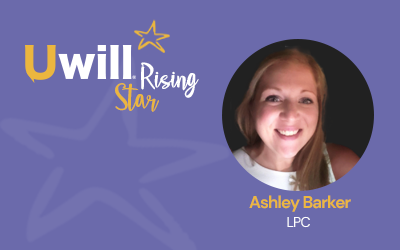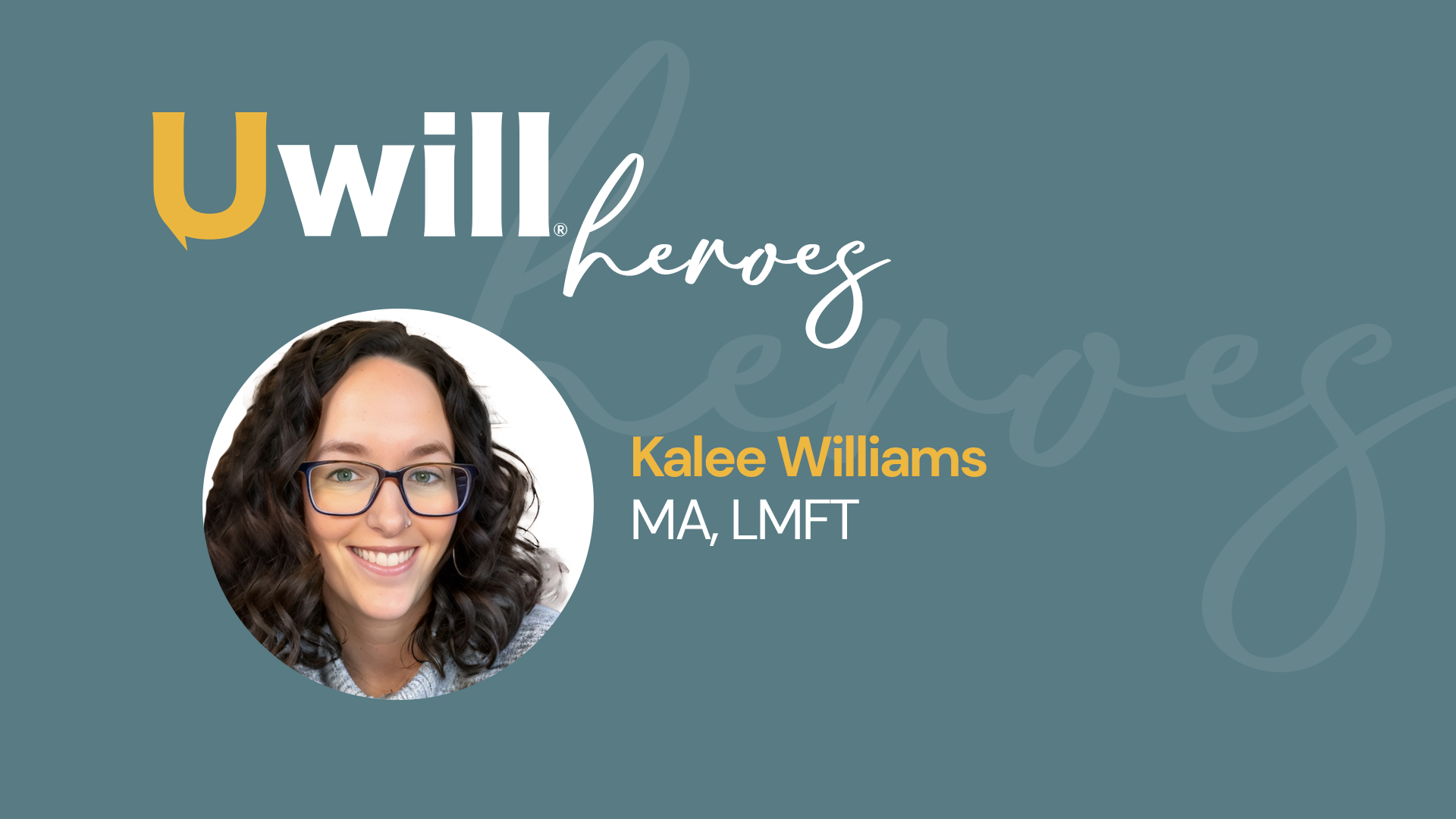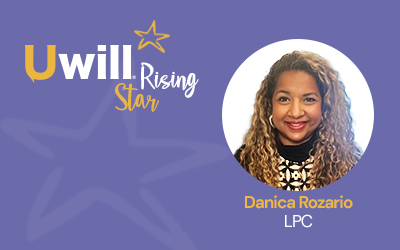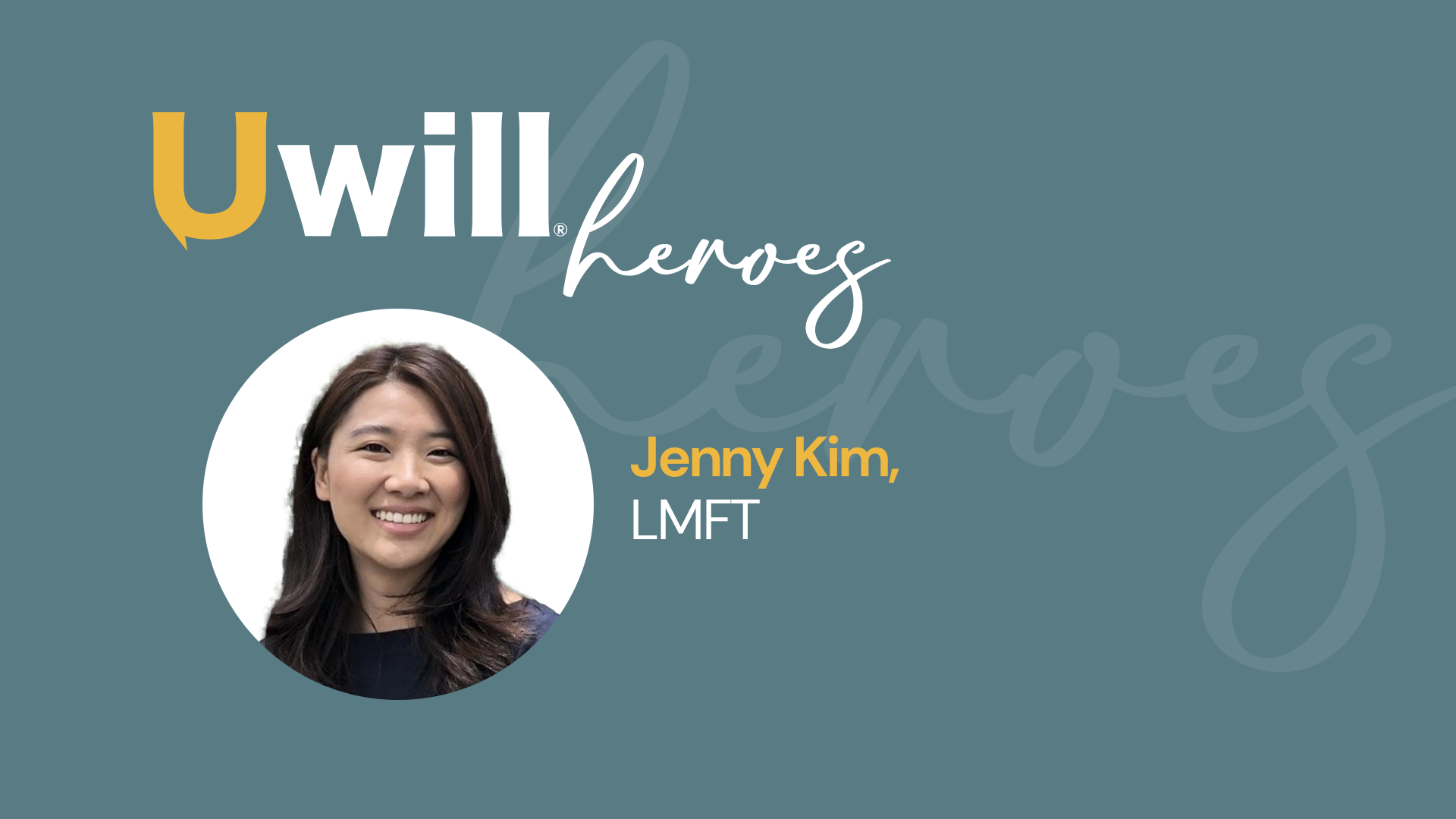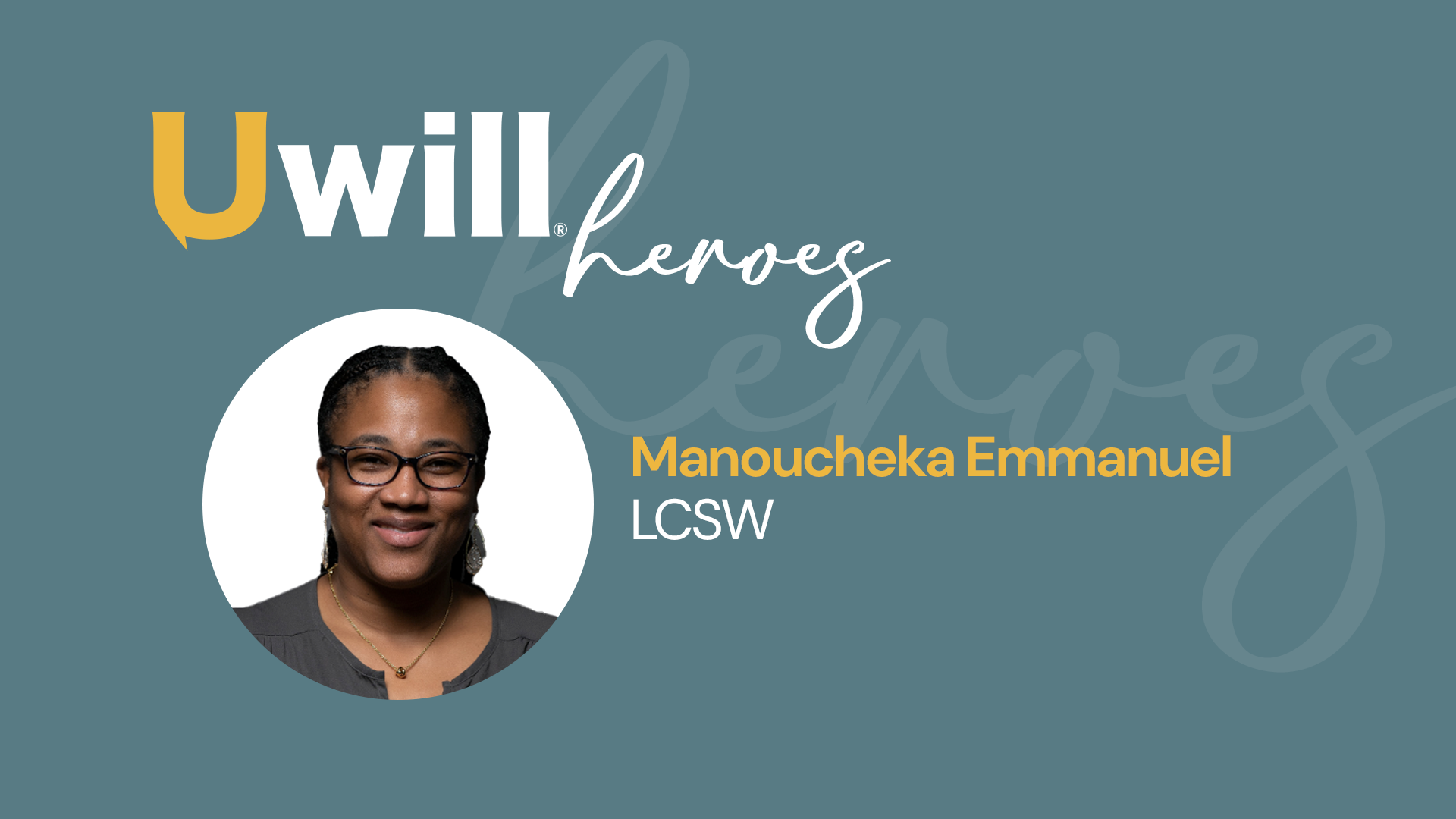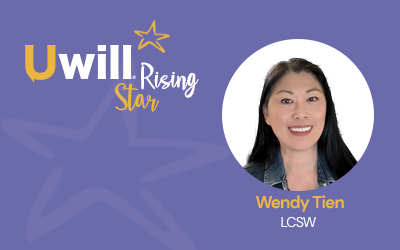Making Positive Changes in the New Year
More than ever, Americans are prioritizing their mental health when making New Year’s resolutions. In fact, 33% of Americans are making a mental health resolution in 2025, a 5% increase from last year according to the American Psychiatric Association. Younger people are leading the charge with nearly half (48%) of Americans aged 18-35 reporting that they are planning to make a mental health resolution this year.
With an increased demand for mental health support, it’s important for young people to learn how to go about making changes for themselves in a safe, responsible, and attainable manner.
“I would encourage all to not think of any changes made in the new year as resolutions; consider them reflections and hopes.” says Emily Graham, MSED, NCC, LCMHC “Reflections on where you were, where you are, and where you want to be.”
Approaching Change in the New Year
People often make New Year’s resolutions and goals that are too large and unattainable. For example, one of the most common resolutions surrounds weight loss and exercise. According to the A.P.A., 63% of those who are making mental health resolutions in 2025 are hoping to exercise more. However, many can find weight loss goals ineffective due to setting unrealistic expectations and lacking a sustainable plan. It’s important to remember that most personal changes, whether they are physical, emotional, social, etc., cannot be achieved overnight.
“People say ‘I will lose 50 pounds in one month.’ Instead, try to look at your health as a marathon, and not a sprint.” says Graham “What about looking at a small, attainable goal? ‘I will walk 15 minutes, 3 times a week.’ This is goal-oriented but leaves room for flexibility.”
When working toward an overarching goal, a greater impact can be made with small, consistent changes rather than making a giant, instant change. Those looking to prioritize their mental health can make small, yet impactful, steps such as speaking with a therapist and trying a new wellness exercise such as yoga or meditation through a certified instructor.

![]()
I would encourage all to not think of any changes made in the new year as resolutions; consider them reflections and hopes. Reflections on where you were, where you are, and where you want to be.
Emily Graham, MSED, NCC, LCMHC
Director of Counselor Engagement
Tracking Your Progress
Addressing one’s mental health can be difficult to quantify. Unlike weight loss or physical training, results do not necessarily have a numerical result that can be tracked. One can’t walk out of a therapy session and realistically say that they are X% better than they were beforehand. So how can mental health goals be measured?
“How do you FEEL?” says Graham “Follow your body, your mind, your heart!”
Flexibility is an important factor when taking steps toward achieving mental health goals. If an individual’s goal is to start speaking with a therapist once a month, that is a great start. However, if the first therapist they speak to isn’t a fit to their needs, whether clinically or logistically, do not give up. There is no harm in moving on to a new therapist.
“There is nothing tying you to these goals. Tomorrow is a new day for a new resolution, a new goal, a new habit, or new changes.” says Graham “You can start any day of the year, not just in January!”

How Uwill Can Help
Uwill’s mental health and wellness offering provides the perfect solution for students looking to address their mental health and wellness in the New Year, whether they’d like to incorporate counseling into their routine, or increase their self-care and wellness. Booking an appointment with an available licensed counselor driven by needs and preferences takes less than five minutes. Appointments can be booked anytime, anywhere, with day, night, and weekend availability. Uwill also provides a frictionless experience with no cost, no insurance, no referrals, and no waitlists while choosing from a diverse community of licensed counselors.
Uwill also offers on-demand wellness programming designed to complement therapy, including videos from trauma-informed instructors covering a variety of topics from yoga and meditation to self-care and stress relief.
If you are looking for help:
If you are looking to bring Uwill to your organization:
Share this:
![]()
Uwill is a Teletherapy Educational Partner of NASPA
![]()
Uwill is the Exclusive Teletherapy Education Partner of the Online Learning Consortium
Resources

Copyright © 2025 Uwill | 1075 Worcester St, Natick, MA 01760 | 833-99-Uwill


